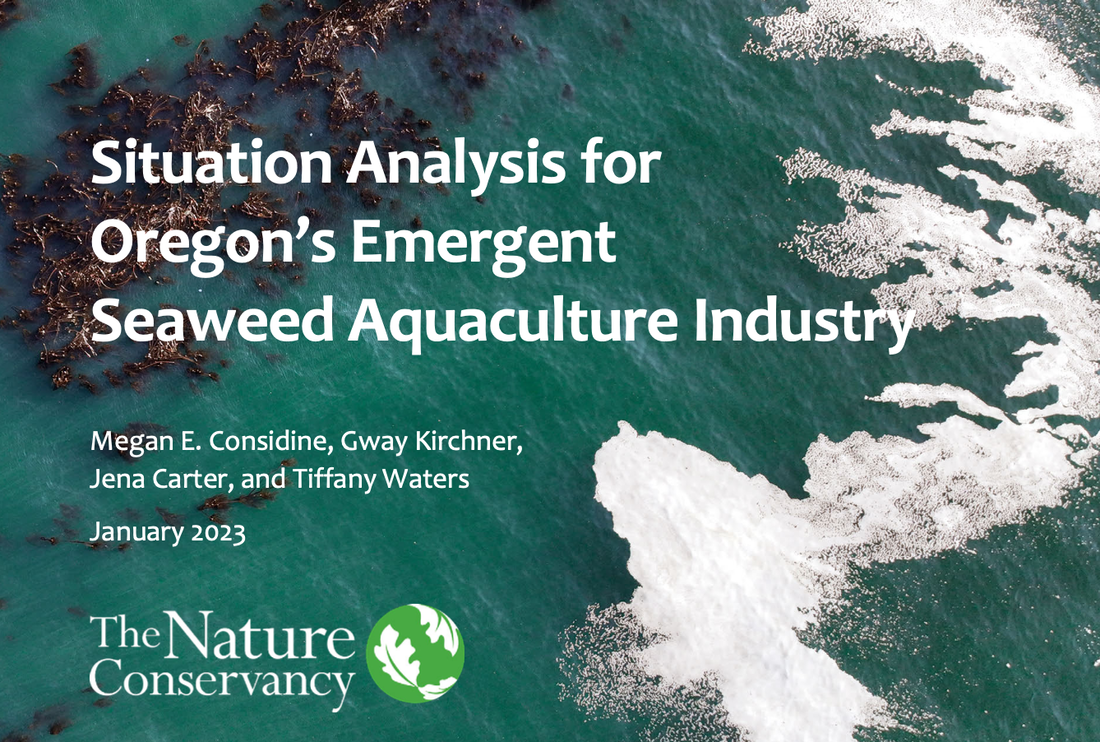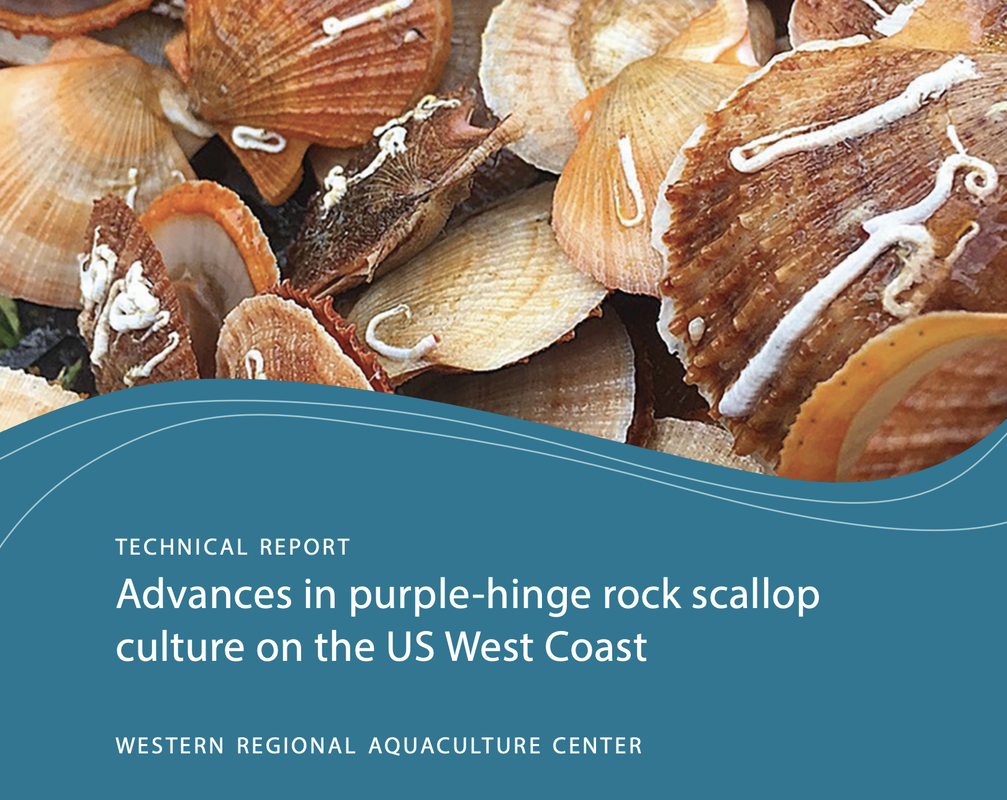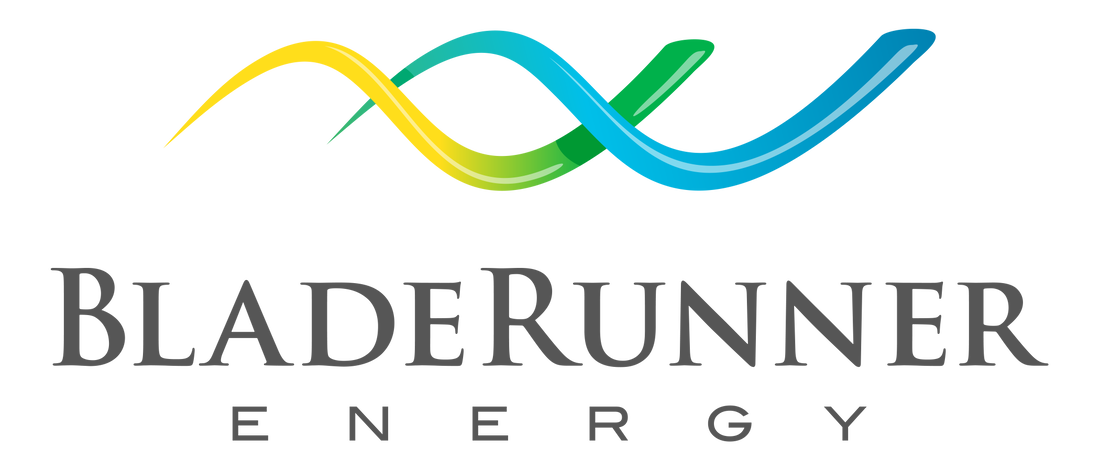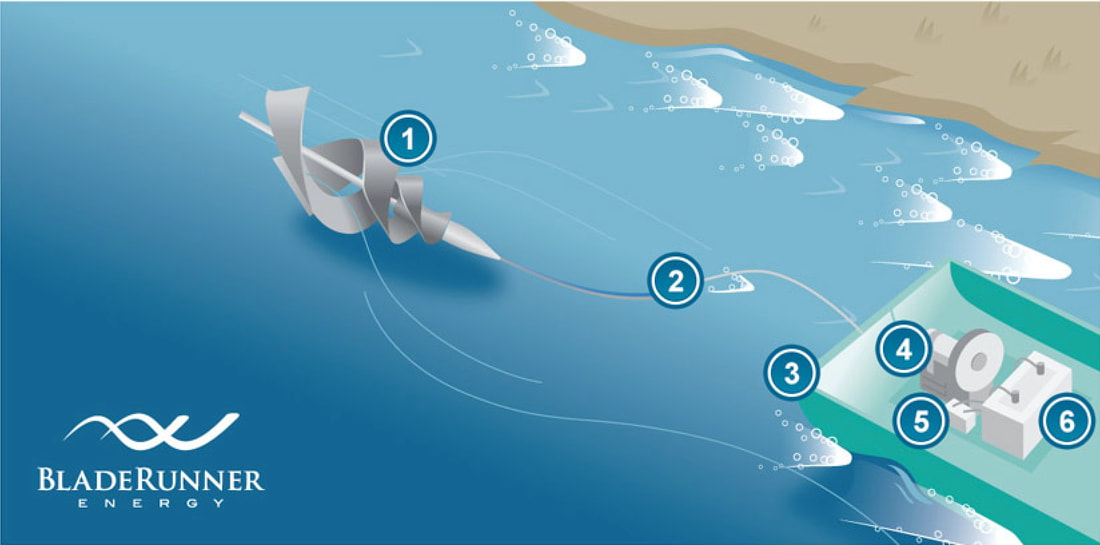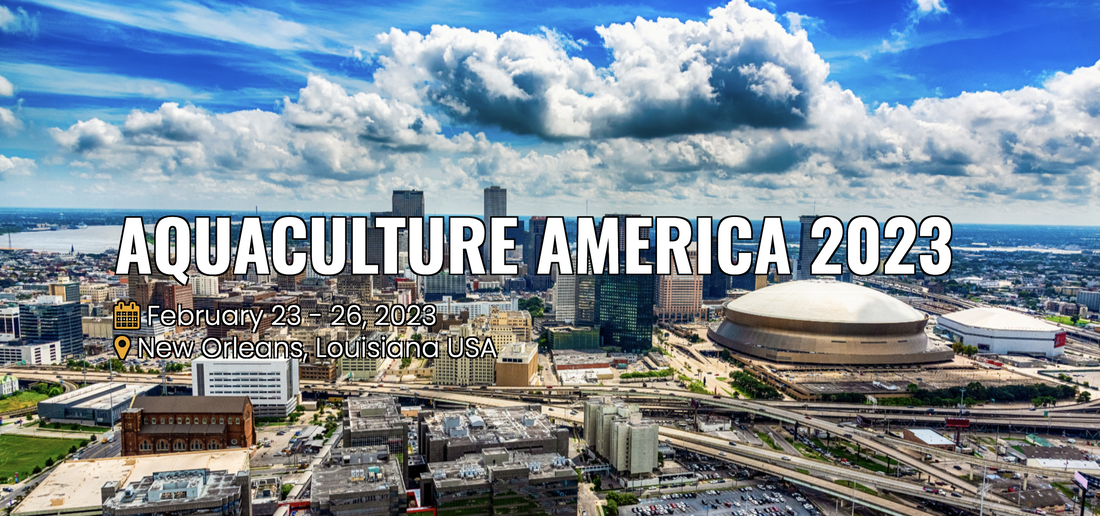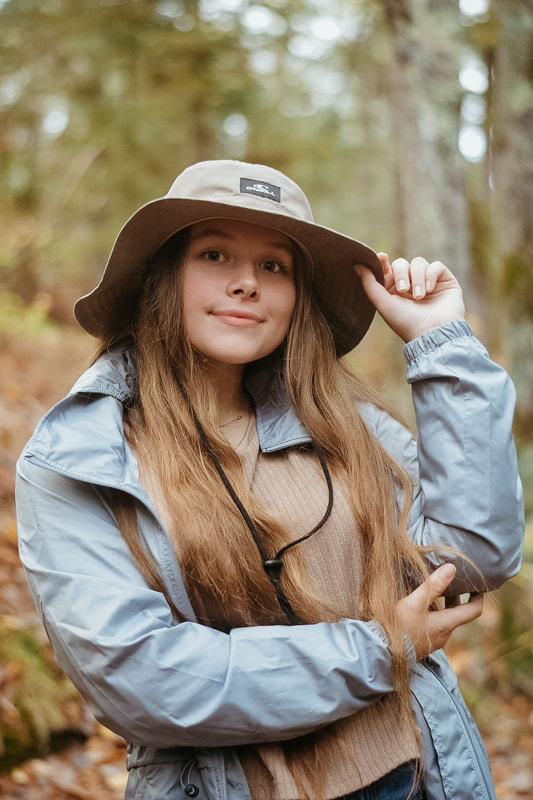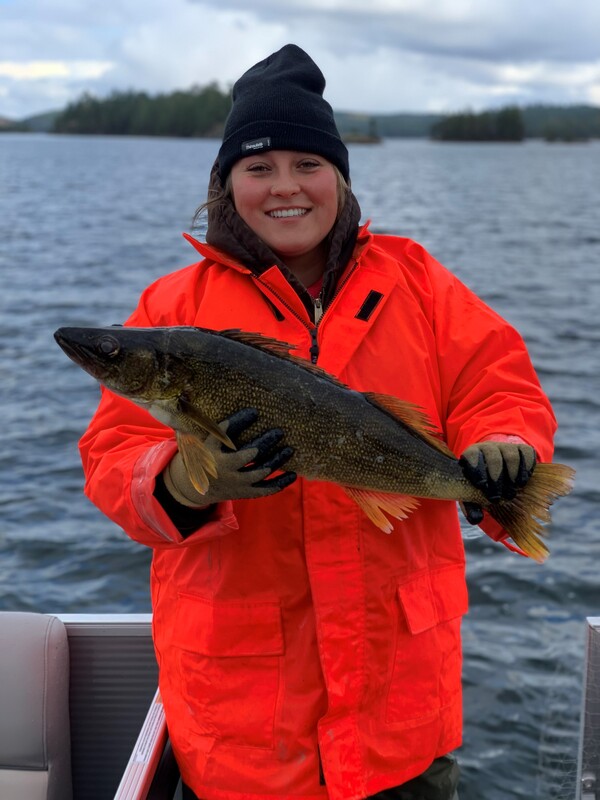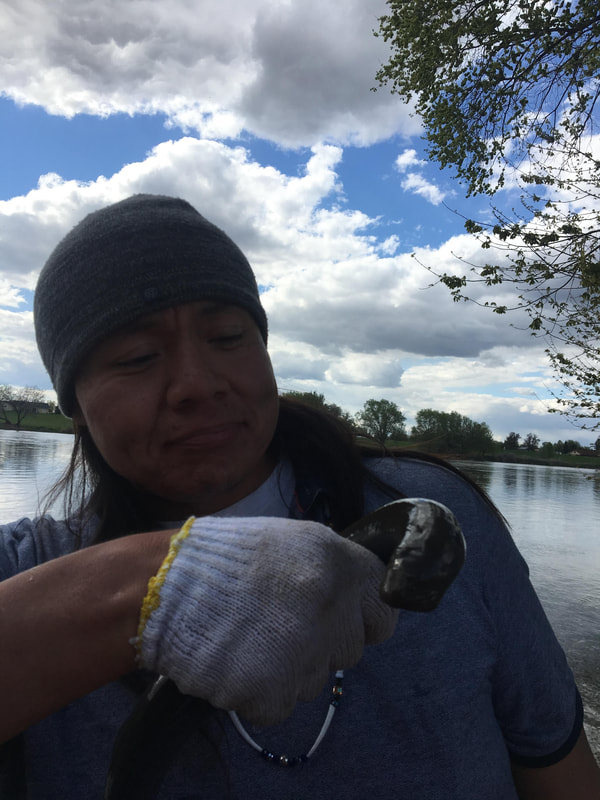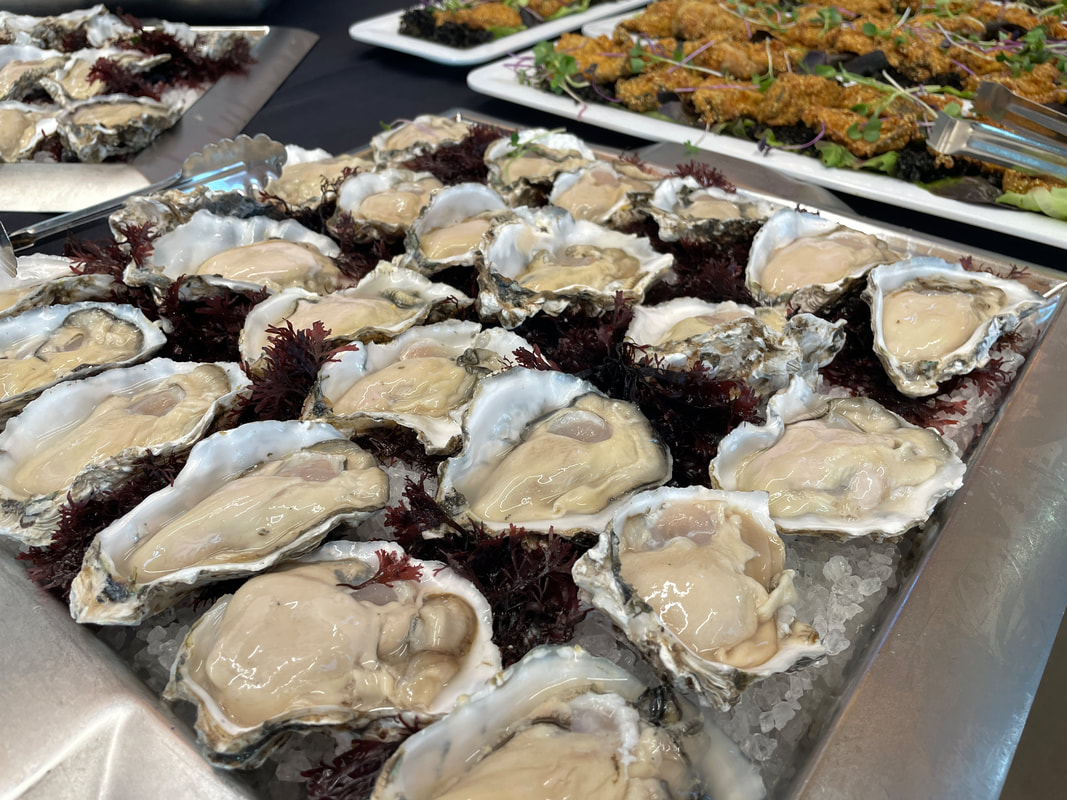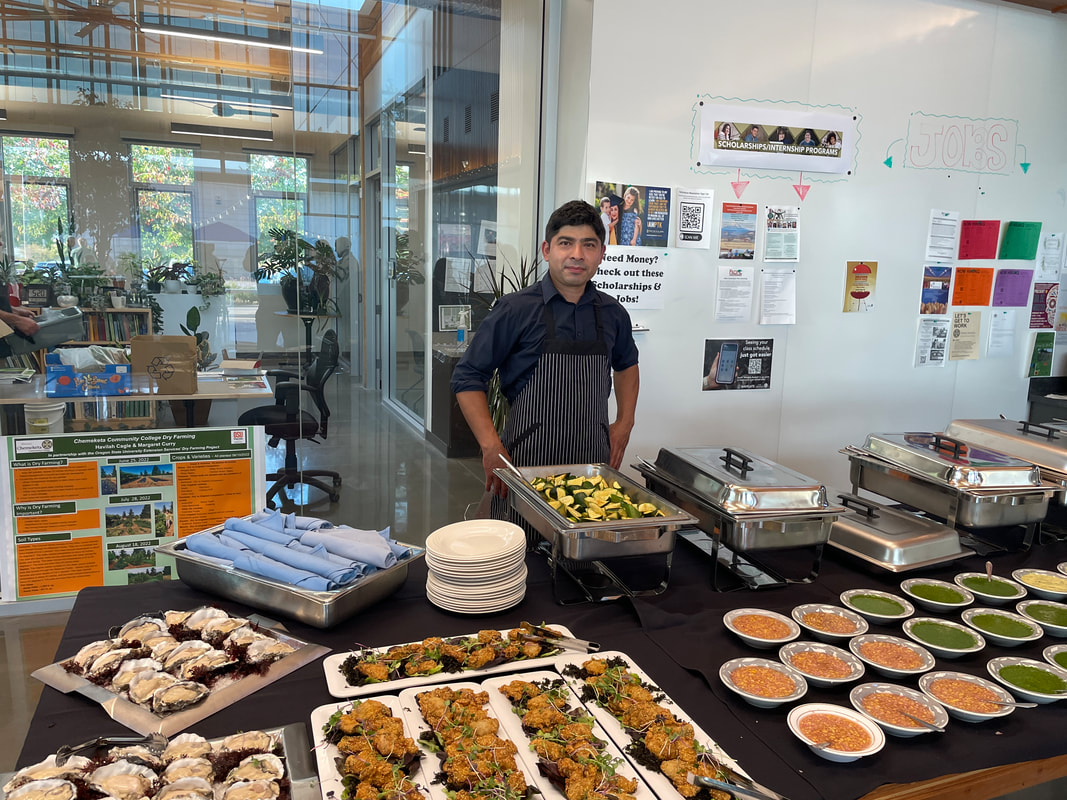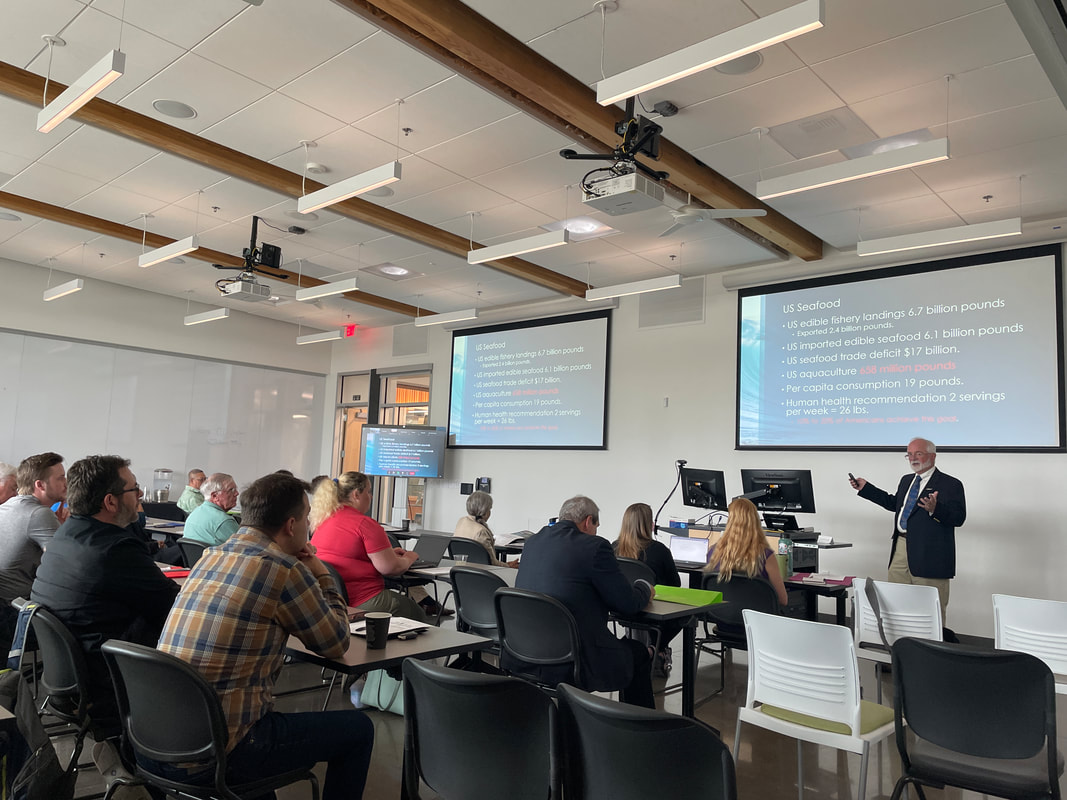|
The Oregon and Pacific Northwest Aquaculture Development Conference was held in Salem last October with the aim to promote increased investment in sustainable aquaculture and optimize its positive economic, social, and nutritional contributions. One of the key recommendations coming from this conference was to establish the framework for developing a State Strategic Aquaculture Plan and begin the planning process in 2023.
As a follow-up to this recommendation, Oregon Department of Agriculture (ODA) and Oregon Aquaculture Association (OAA) are organizing a listening and discussion session to assess the methodologies and processes that could be employed to elaborate this plan while ensuring it reflects the priorities of the diverse stakeholder groups that comprise the nascent Oregon aquaculture program. With this background, you are invited to attend this planning session to be held in ODAs headquarters at 635 Capital St. NE, Salem on April 12th, 2023, from 09:30-12:00. Kindly RSVP to [email protected] by March 31st, 2023.
0 Comments
Situation Analysis for Oregon’s Emergent Seaweed Aquaculture Industry Now Available
Introduction: In response to the world’s growing population and need for food security, aquaculture has become one of the fastest-growing food production sectors (FAO [Food and Agriculture Organization of the United Nations] 2020). This growth has often been associated with, and in some places has resulted in, negative environmental impacts, including habitat degradation, pollution, and impacts on wild stocks (Naylor et al. 2021). Thus, with this rapid expansion, the challenge is determining how to foster development sustainably and equitably. A growing body of research demonstrates that—if deployed in the right places with the right practices and species—aquaculture can bring benefits to both ocean ecosystems and the communities that rely on them, a concept termed restorative aquaculture (TNC [The Nature Conservancy] 2021). In addition to food, seaweed aquaculture has the potential to provide other sustainable products for a wide range of industries, livelihoods for coastal communities, and improved ocean health (TNC 2021). Seaweed can be a source of low-carbon food, raw materials, and energy, with product uses including human consumption, animal feed, cosmetics, pharmaceuticals, fertilizers, biofuel, and bioplastics (Piconi et al. 2020; McKinley Research Group 2021). Seaweed aquaculture also has the potential to provide seedstock for wild populations, create beneficial habitat, improve water quality, and buffer against localized ocean acidification (O’Shea et al. 2019; Gentry et al. 2020). Over 90% of the seaweed produced globally comes from the four Asian countries of China, Indonesia, Korea, and the Philippines, where there is a well-established industry for food and hydrocolloids, but the industry is expanding to other regions, such as North America (FAO 2018, 2020). In the United States, sugar kelp is the primary farmed seaweed, with most in-water grow out locations in the Northeast Atlantic and Pacific Northwest. A TNC study by Theuerkauf et al. (2019) identified Oregon, Washington, and Vancouver, British Columbia, as the top marine ecoregions in North America where seaweed aquaculture could be environmentally beneficial, socially acceptable, and economically viable... View the full report here. The intent of this WRAC research project was to advance marine aquaculture along the west coast of the United States by developing production techniques for the purple-hinge rock scallop. To help move rock scallop culture closer to commercialization, the study addressed two key bottlenecks: lack of commercial quantities of seed and the need to develop cost effective growout techniques. Specifically, the study focused on spawning induction, production of sterile (triploid, tetraploid) seed, and manipulation of the cementing behavior during the growout production phase.
View the technical report here. Courtesy of NAA:
Annually, during Aquaculture America or the triennial Aquaculture conferences the National Aquaculture Association (NAA) presents two awards given in honor of our first Executive Director Joseph P. McCraren. More than any other individual, Joe had the vision and the ability to bring to reality the concept of “One Industry-One Voice” for the NAA. When we recognize individuals with a Joseph P. McCraren Award we are recognizing them as having attained a standard of excellence and accomplishment established by Joe McCraren. This is no small accomplishment. During Aquaculture America 2023, the NAA presented the Joseph P. McCraren Distinguished Lifetime Contributions award to Tony Vaught, President and CEO, ProAquaculture Inc. of Chico California. Mr. Vaught has been involved in the aquaculture since 1978. He managed the Chico Game Fish Farm until 1985, was general manager of Arrowhead Fisheries from June 1985 until October 1987, and then formed a consulting firm in the spring of 1988. Tony is the current President of the California Aquaculture Association, has served as past President several times and served on the board of directors of Association for the past 30 years. He has served as Chair of the Aquaculture Industry Advisory Committee for the California Department of Fish and Wildlife and Chair of the California Farm Bureau’s Aquaculture Commodity Committee. Most notably, our nominee produced the first domestic striped bass in the Western United States and has been instrumental in developing new techniques for the domestication and spawning of channel catfish, sturgeon, and striped bass. We also presented the Joseph P. McCraren Award for Outstanding Contributions in Promoting the Growth of US Aquaculture award to Dr. Kevan Main, Associate Vice President for Research and Director of Mote Aquaculture Research Park with Mote Marine Laboratory in Sarasota Florida. Dr. Main’s distinguished career includes significant work across two oceans serving as a senior scientist, program manager and director, executive director, and currently an Associate Vice President for a variety of public and private aquaculture research programs. Kevan has worked in aquaculture for more than 30 years including service as past President of the World Aquaculture Society and recognition in 2016 by President Obama as a Champion of Change for Sustainable Seafood. Please join us in congratulating Tony Vaught and Kevan Main for receiving McCraren Awards and their exemplary efforts to benefit U.S. aquaculture. BladeRunner Energy, Inc. is bringing to market an affordable renewable energy solution that harnesses the reliable power found in the natural flow of water, without the need for dams or impoundments. BladeRunner’s small, flexible configuration is a unique approach and builds on the larger trends of the energy transition and distributed energy resources. With the appropriate resource, this approach will result in an affordable small-scale renewable energy system that offers low environmental impact, debris resilience, and has the potential for a competitive operating cost in applications relying on diesel generation or suffering from energy constraints. As an early-stage company committed to making renewable energy available in areas rich with riverine and tidal/ocean currents, BladeRunner has been successful at receiving recognition from federal entities in their innovative approach. Currently, the company is under contract with the Department of Energy (DOE), where they are collaborating with the University of Alaska Fairbanks in a project focused on applications for remote riverine communities. Under this work, BladeRunner is developing their initial stand-alone product rated for 5kW of electrical power at a water velocity of 3.5 to 4 knots and have been field testing prototypes in the 3kW scale. These recent tests have been of a 5ft diameter rotor, coupled to the generator via a 25ft long flexible composite torsional cable. Determined to be participants in the shift towards small-scale distributed power generation, BladeRunner looks to a future where their technology will also support sustainable practices in the aquaculture and maritime industries. To this end, BladeRunner is working on a proposal for a Small Business Innovation Research (SBIR) grant in response to DOE’s interest for co-development of a marine energy technology, where a partnership between an energy technology developer and an end-user in the marine aquaculture sector is strongly emphasized. The company sees a path where this R&D grant can allow tailoring of their system for harnessing bi-directional tidal currents and allow for a relative ease in co-locating with existing infrastructure.
To learn more, visit bladerunnerenergy.com. February 23 - 26, 2023 New Orleans, Louisiana Aquaculture America 2023 returns to one of the favorite tourist spots in the world for the only major national aquaculture conference and exposition held in the U.S. The U.S. Aquaculture Society (formerly U.S. Chapter of WAS) joins with National Aquaculture Association and the Aquaculture Suppliers Association to produce the annual Aquaculture America meetings.
The Conference is also the site for meetings organized by the Aquacultural Engineering Society, Aquatic Drug Approval Coalition, US Trout Farmers Association, Zebrafish Husbandry Association and many more associations to make Aquaculture America 2023 the one meeting in the U.S. that you don’t want to miss! A critical trade show for aquaculturists, Aquaculture America 2023 will have the largest aquaculture trade show in the Western Hemisphere and one of the largest anywhere in the world with nearly 200 booths! This is your opportunity to inspect the latest in products and services for the aquaculture industry. It is the place to visit current suppliers and make new contacts. To keep ahead and to keep profits building, you need to keep pace with the technological advancements in the industry. Aquaculture America 2023 is the place to learn about the latest in aquaculture, see the newest technology in the trade show and have a great time in the many fantastic restaurants, bars and entertainment sites in New Orleans. Improving aquaculture will give us more affordable protein for less environmental impact says world’s largest conservation organization, as COP 27 climate conference gets underway in Egypt
There is no prospect of maintaining the sustainability of the international seafood sector without shifting large amounts of fish production to aquaculture, says WWF, the world’s leading conservation organization. “We have now turned the corner that we have to farm the ocean to get the protein that we need,” says Merrielle Macleod, a director on the WWF-US Aquaculture team, as world leaders gathered in Egypt for this year’s UN Climate Conference (COP27). “There’s a lot of evidence that the footprint of aquaculture makes it a lower impact way for people to eat.” Macleod said, according to TheFishSite. Emphasising that any type of food production, including aquaculture, has an impact on the environment, she said the essential goal is to use fish farming to produce protein for the world’s people with less environmental impact than other forms of protein production... Read more Gig Harbor, WA--The Kurt Grinnell Aquaculture Scholarship Foundation (KGASF) announced that it has awarded its first-ever aquaculture scholarships to three students—two representing US Tribes and one representing one of Canada’s First Nations. Each scholar will receive US $5,000 to pursue degrees in aquaculture, marine biology, and fisheries and wildlife science. Established to honor the legacy of the late Kurt Grinnell, a Native American leader from the Jamestown S’Klallam Tribe in Washington State, who saw aquaculture as a solution to Tribal food security, the KGASF provides financial assistance to Tribal and First Nations students who wish to pursue careers in aquaculture and natural resources, said Jaiden Grinnell Bosick, one of Grinnell’s two daughters. Bosick, who fishes commercially in Alaska with her husband, serves on the KGASF Board, where she heads up the Scholarship Selection Committee. “As a family and as a Board, we are immensely proud of these three scholarship winners,” said Bosick. “We all believe these students have a bright and shining future ahead, and we look forward to their contributions to the field of aquaculture.” She added, “My dad would have been honored and proud to know them.” The scholarship award announcement coincides with the celebration in the United States of National Native American Heritage Month, which is celebrated every June in Canada as National Indigenous History Month, said Levana Mastrangelo, Vice-Chair of the KGASF board and Selection Committee member. “We believe that the scholarships made possible by the KGASF not only help these students financially, but for every scholarship winner, there is a strong connection to their Tribal or First Nation heritage,” she said. Mastrangelo, the Senior Reconciliation Advisor at Cermaq Canada, Ltd., belongs to the Ucluelet First Nation - Yuułuʔiłʔatḥ Government. “In Canada, aquaculture plays a vital role in First Nation communities and is a path to self-determination and Reconciliation,” she said, adding that “aquaculture provides many jobs and economic opportunities, as well as creating healthy seafood products.” The inaugural scholarship winners are Michael Buck of the Yakama Nation in Washington State (whose Yakama Nation name is Ka-Kin-As); Alana Schofield of the Keweenaw Bay Indian Community in Michigan; and Taylor Nichols of the Wahnapitae First Nation (WFN) in Ontario, Canada.
Michael Buck, enrolled at the University of Washington’s School of Marine and Environmental Affairs, has “a keen interest in historic fisheries in the Columbia River Basin including lamprey populations which were historically important to several Tribes in the Colombia River Basin.” He plans to use his scholarship to pursue his master’s degree. Alana Schofield is enrolled at Lake Superior State University in Sault Ste. Marie, Michigan, where she will pursue a degree in Fisheries and Wildlife Biology. Alana has experience in Tribal Fisheries and is interested in learning about aquaculture and aquaponics, with the goal of “returning to her Tribal Community and using her knowledge to advance tribal sovereignty and improve and protect the natural environment.” Taylor Nichols has experience in aquaculture via a pickerel micro-hatchery with the WFN and is currently pursuing a Master of Science Degree in Biology from Laurentian University in Sudbury, Ontario. She is a graduate of Canada’s Dalhousie University. Those who wish to support the education of future leaders in aquaculture and fisheries may donate to: Contribute • Kurt Grinnell Aquaculture Scholarship Foundation (kurtgrinnellscholarship.org) ### Media Contact: Levana Mastrangelo [email protected] 250-201-0565 Jeanne McKnight [email protected] 206-963-6478 As the Oregon and Pacific Northwest Aquaculture Development Conference has come to a close, we want to thank our speakers and panelists (listed below), sponsors (listed below), Chef Luis Cabañas and all those in attendance. The aim of the conference was to evaluate the current situation, understand barriers to growth, and develop strategies to promote sustainable aquaculture development. Attendees participated in interactive sessions, providing input that will help chart a path for expanded and responsible aquaculture investment. Conference attendees also gained perspective and appreciation of the promise of aquaculture (in Oregon and throughout the United States) as well as a comprehensive understanding of the necessary challenges to overcome in realizing this promise. Additionally, over beautiful cuisine from Chef Luis Cabañas, conference participants had an opportunity to network and connect with others in the industry, from farmers to researchers to agency and retailers and beyond. Thank you again to all in attendance! Below is a synopsis of the topics discussed at the conference: Investing in the Future Aquaculture has been practiced in Oregon for generations. However, most of the state’s limited aquaculture investments to date focus on shellfish, principally oysters, and salmonids. Based on USDA data, by value, 87% of the Oregon aquaculture private sector harvest is shellfish. Of the remaining 13% of the harvest attributed to finfish, 98% reportedly comes from trout. Trout and oysters have been the staples of Oregon aquaculture for decades — this not considering the large network of public sec-tor salmonid hatcheries and nurseries across the state. Addressing the Needs of Today The world’s population is growing rapidly, with increasing concerns for food security, even in more affluent regions. The World Bank predicts aquaculture will assume a greater and greater role worldwide in attracting investment and producing much needed food — contributing an estimated 60% of global seafood supply by 2030. The Aquaculture Development Conference The state possesses a unique mix of natural, human, market, and technological resources that offer real investment opportunities. The aim of the conference is to highlight these opportunities while making a realistic assessment of how success can be achieved and what pitfalls often lead to failure. Aquaculture is hard work and the val-ue chain complex, but these can lead to many profitable businesses Thank you to our sponsors! Chemeketa Community College Confederated Tribes of Siletz Indians Sea Grant Oregon State University Thank you to our speakers and panelists!
Randy Bentz, Oregon Aquaculture Association Karina Nielsen, Oregon Sea Grant Paul Zajicek, National Aquaculture Association Carole Engle, Engle-Stone Aquatic$ LLC Daisy Berg, New Seasons Warren Howe, Oregon Fish Co. Megan Judge, Oregon Aquaculture Association Tony Vaught, ProAquaculture Missy Bird, The Mermaid’s Garden Wally Pereyra, Arctic Storm Management Group Kellen Parish, NOAA / Oregon Aquaculture Association Miranda Ries, Pacific Seafood Steve Rumrill, ODFW Jim Johnson, ODA Call Nichols, Blue-Trace Joe Bratt, NWFC Ryan Anderson, Steward Foundation Alexis Nelson, Gybe Thomas Losordo, Pentair Aquatic Eco-Systems Katherine Onofryton, Aquatactics Joel Kelly, Live Local Organic Tom McDonald, Desert Springs Fish Hatchery Angee Doerr, Oregon Sea Grant Dan Tonnes, NOAA Brielle Cummings, USACE Dave Stone, FIC Erick Garman, ODA Chuck Toombs, Oregon Seaweed/Oregon Dulse Jeanne McKnight, NWAA Phil La Vine, CCC Laura Ferguson, Octant Consulting Paul Schuytema, Economic Development Alliance of Lincoln County Heather Desart, Northwest Oregon Works Corey Habiger, Worksource Oregon Jane Barth February 23 - 26, 2023
New Orleans, Louisiana Aquaculture America 2023 returns to one of the favorite tourist spots in the world for the only major national aquaculture conference and exposition held in the U.S. The U.S. Aquaculture Society (formerly U.S. Chapter of WAS) joins with National Aquaculture Association and the Aquaculture Suppliers Association to produce the annual Aquaculture America meetings. The Conference is also the site for meetings organized by the Aquacultural Engineering Society, Aquatic Drug Approval Coalition, US Trout Farmers Association, Zebrafish Husbandry Association and many more associations to make Aquaculture America 2023 the one meeting in the U.S. that you don’t want to miss! A critical trade show for aquaculturists, Aquaculture America 2023 will have the largest aquaculture trade show in the Western Hemisphere and one of the largest anywhere in the world with nearly 200 booths! This is your opportunity to inspect the latest in products and services for the aquaculture industry. It is the place to visit current suppliers and make new contacts. To keep ahead and to keep profits building, you need to keep pace with the technological advancements in the industry Aquaculture America 2023 is the place to learn about the latest in aquaculture, see the newest technology in the trade show and have a great time in the many fantastic restaurants, bars and entertainment sites in New Orleans. |
Oregon Aquaculture Association
P. O. Box 1210, Turner, OR 97392
[email protected]
P. O. Box 1210, Turner, OR 97392
[email protected]
Copyright © Oregon Aquaculture Association

